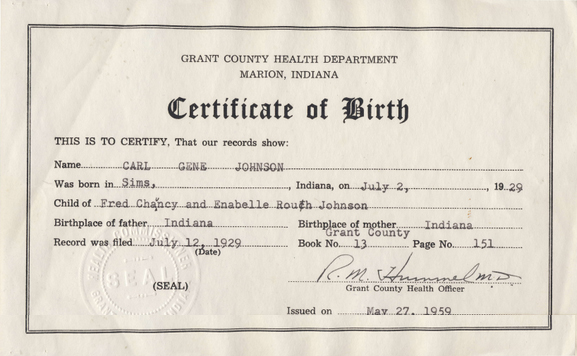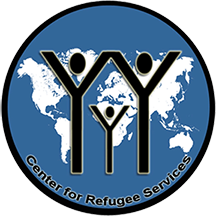What’s in a Name?
“That which we call a rose by any other name would smell as sweet.”
(Quote from Romeo and Juliet by William Shakespeare, ca. 1600).
The Problem of First Name Unknown (FNU)
Unfortunately, that which we (legally) call a person, if not correct, can have complicated, time consuming and potentially costly consequences. Because naming in other cultures can be quite different than assigning of legal names in the US, many refugees/immigrants are legally assigned names, which can be rather demeaning and present years of problems for legal documents for themselves and for their children.
Special Immigrant Visas (SIVs) were created by Congress for Afghans and Iraqis who worked for the U.S. government as translators and other vital roles and were then in danger for their American association. Many Afghans are typically called a single name in their home country. They traditionally only go by their first name and what we would think of as their last name is their tribe name, or their grandfather’s name or their place of birth.
A visa document, for example, will move the person’s first name to their last name and list their first name as FNU (first name unknown) on all their official documents. Whole families will have different last names (because these are actually their first names) and the same FNU first name on their new documentation.
FNU is printed on visas, and then trickles down to every other official document, e.g., a person’s green card, driver’s license, car insurance, and bank accounts. In fact, it continues all the way to how children are registered in school.
SIVs can get a name change at the County courthouse and there is a fee waiver for low-income families, but it requires lots of complicated paperwork and is very time consuming for large families. Therefore, many families do not correct the FNU name until the parents are granted U.S. citizenship, at which time they can request a name change/correction on their U.S. passport application.
Once granted citizenship, their non-US born children under the age of 18, will automatically become U.S. citizens. Families can then apply for U.S. passports for all family members, which is also quite costly, but can have all family members names corrected on their U.S. passports. They then must go through the whole bureaucratic process of changing all their documents and accounts to their newly corrected name.
The Problem of Misspellings on U.S. Birth Certificates

Having a parent or infant’s name misspelled on a new baby’s birth certificate can be a hassle for any parent, resulting in lots of follow-up forms filled out and original documents sent to the Texas Department of Vital Statistics.
However, if those original documents do not exist (such as birth certificates in some countries of origin, or it is next to impossible to get certified copies of such birth certificates or marriage licenses in war-torn regions, or the documents only exist in the country’s language with no English translation, this can make the process of correction a nightmare. All the more reason for hospitals to ensure they have the correct spellings of all names at the time of birth.
